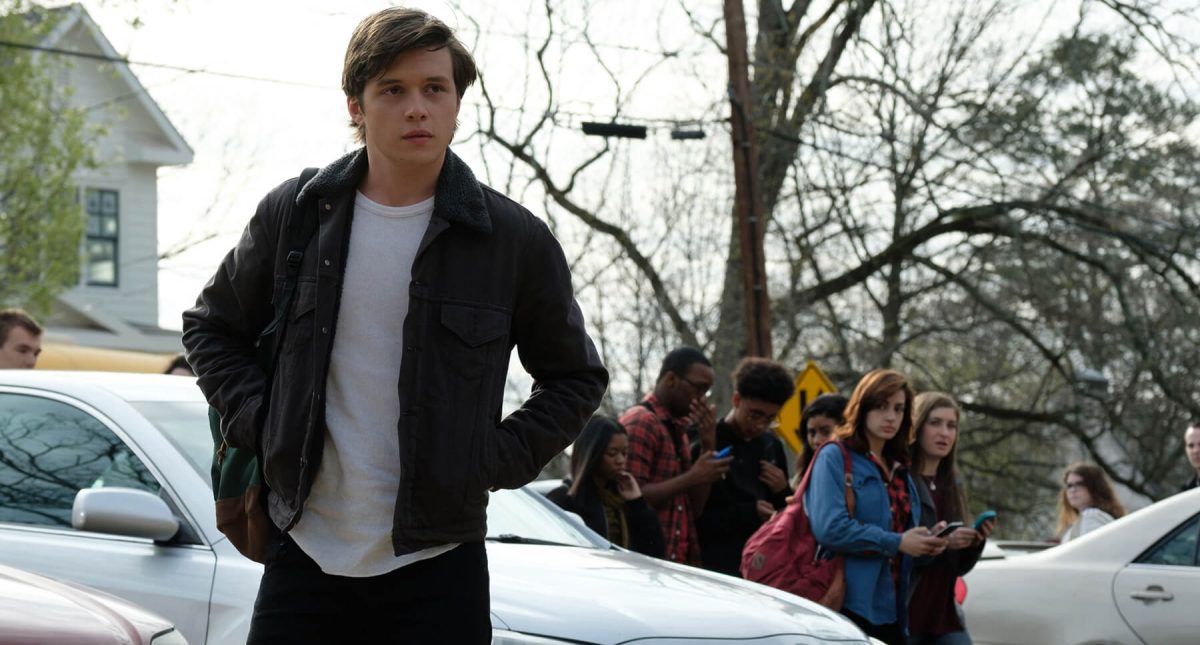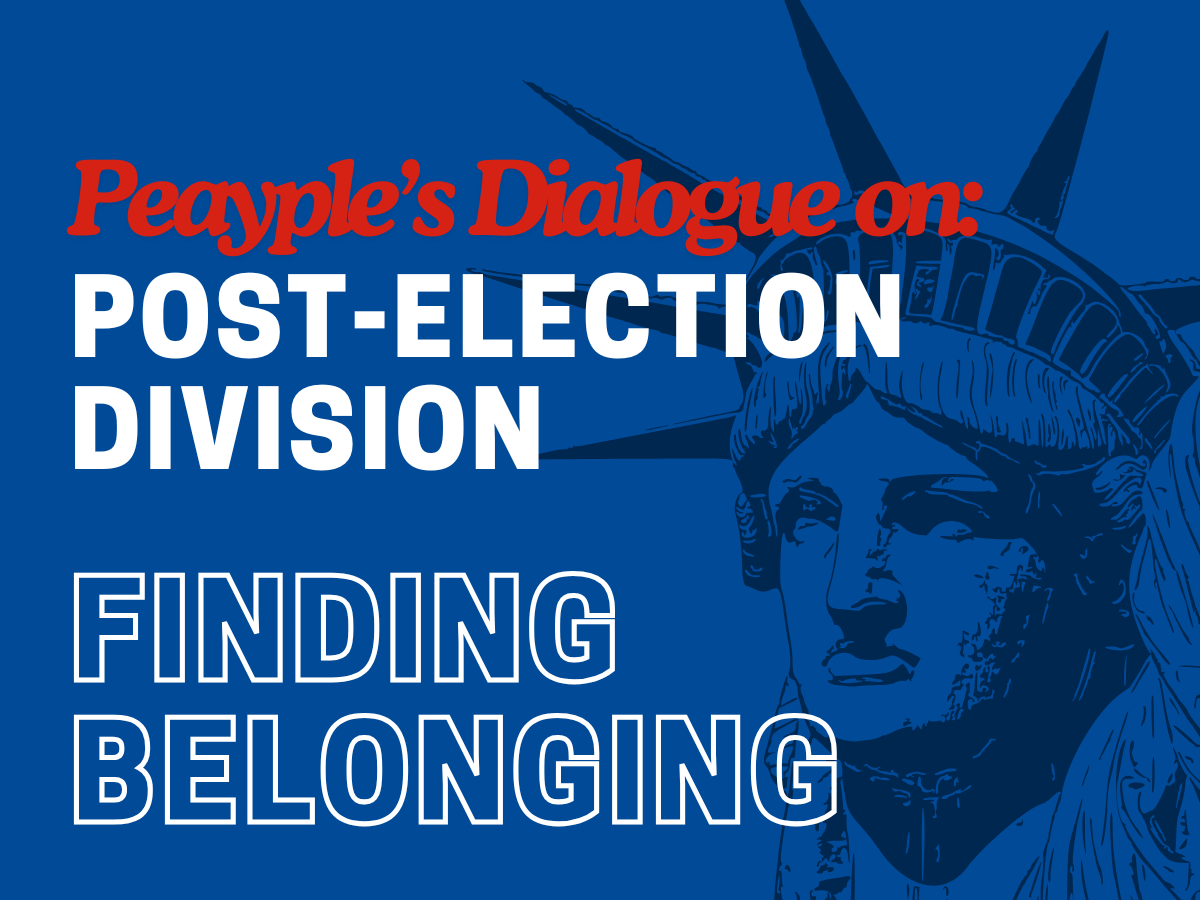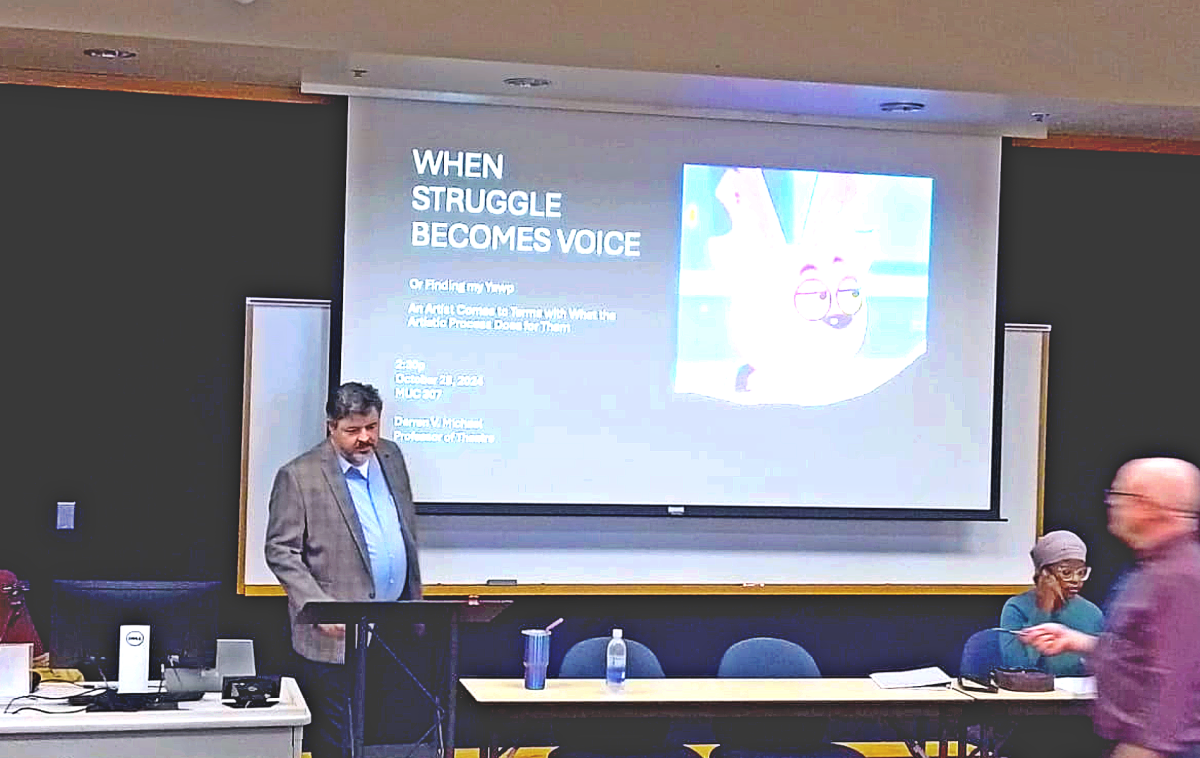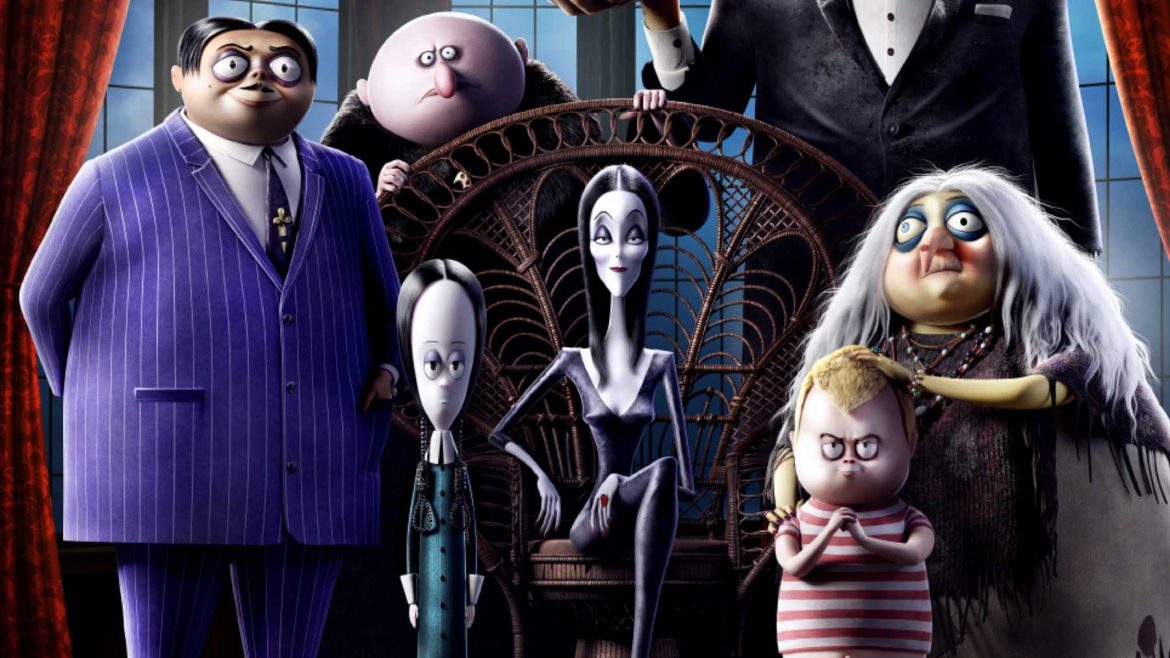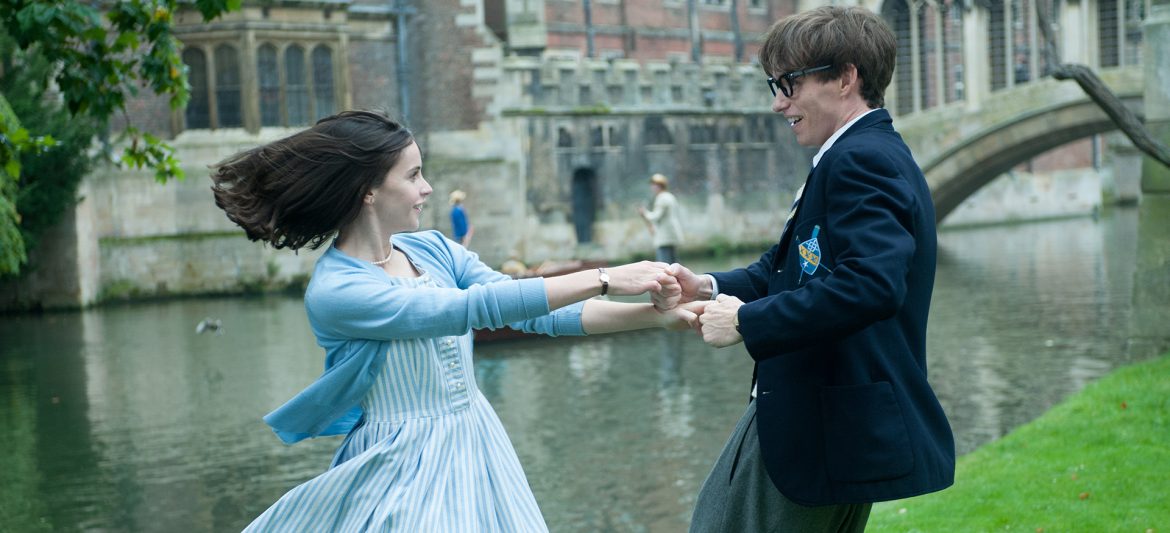“Love, Simon” is romantic comedy-drama film adaptation of the novel “Simon vs. the Homo Sapiens Agenda” by Becky Albertalli. Nick Robinson plays Simon Spier, a self-described “ average teen” with a loving family, good friends, and a breezy school life— save for the fact that he is a closeted gay boy. He anonymously connects with another closeted classmate online, but when a student discovers Simon’s emails, he threatens to out him to the entire school. Throughout the ordeal, Simon attempts to balance his daily life with his search for his anonymous admirer and his struggle to accept himself for who he is.
Critics have heralded this film as a landmark in LGBTQ+ cinema, and in many ways, the praise is merited. The acting and writing are incredibly charming and full of heart, as though it were a modern incarnation of John Hughes’s best work. The film contains both funny and thoughtful perspectives on living as an LGBTQ+ teen, allowing both community members and allies to connect with the main character’s plight.
However, “Love, Simon’s” greatest strength lies in its avoidance of clichés. It is a sentimental and ultimately triumphant trek through a young boy’s journey to self-acceptance, but it does not feel the need to put those through endless tragedy to build character. Two prime examples are Simon’s school life and family.
He encounters a few homophobic bullies, but they do not make up the majority of his classmates. His parents are surprised by his coming out, but their immediate reaction is support and comfort. It is refreshing to see a mainstream film with a gay lead character without the story centering on a world of misery due to his sexuality.
Going into this film, I was aware of the minor controversy surrounding it. While nothing earth-shattering, there were some quibbles about how despite critics hailing “Love, Simon” as a landmark in representative LGBTQ+ media, there were still some archetypes to overcome. Some LGBTQ+ community members critiqued how the film’s protagonist fits the role of the white, chaste gay man, and stated that after an achievement such as this film, there would hopefully be more films with a broader range of gay characters.
With that in mind, I pushed the criticism aside, knowing that this was meant to tell one gay person’s story as opposed to every gay person’s story—that is until the issues behind Ethan’s character came to light.
The writing’s treatment of Ethan tends to feel mean-spirited and hypocritical of the film, given its reputation. When he, an effeminate gay student of color, is openly out, others respond with ridicule to the point of being coded as humorous. Despite the final act mending these issues through his friendship with Simon, it feels hypocritical that a film centered on cheering for a young gay man’s trek through self-acceptance would fail to do the same for a background character such as Ethan.
“Love, Simon” is not God’s gift to the representation of LGBTQ+ people, but at the same time, it is the first major motion picture to bring a community with such a rich history to the big screen. Not only that, but the film tackles the issues of acceptance and self-worth with sensitivity and compassion in spite of its flaws. “Love, Simon” is a welcome perspective that shows everyone deserves a great love story.

